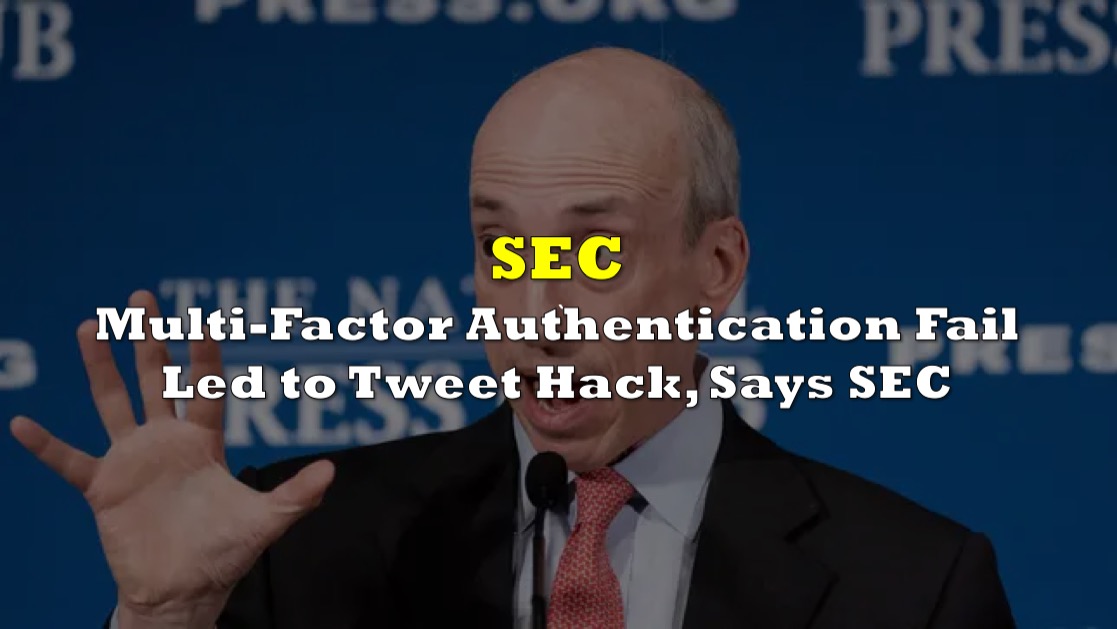The U.S. Securities and Exchange Commission (SEC) on Monday shed light on the recent cyber attack on its X account. The agency confirmed that the breach was a result of a hacker taking control of the mobile phone number linked to one of its cell phones.
The SEC’s investigation into the incident revealed that the unauthorized party gained access to the SEC cell phone number through a ‘SIM swap’ attack, a method where hackers convince a telecom carrier to switch a mobile phone number to a SIM card controlled by the attacker. This allowed the hacker to change passwords associated with the compromised phone number, ultimately leading to the false tweet that claimed national exchanges had approved the listing of Bitcoin ETFs.
The agency clarified that the breach occurred through the telecom carrier and not the SEC’s internal systems. An SEC spokesperson stated, “SEC staff have not identified any evidence that the unauthorized party gained access to SEC systems, data, devices, or other social media accounts.”
Interestingly, it was disclosed that the SEC had requested X to deactivate multi-factor authentication (MFA) for its account in July due to issues accessing the account. The MFA remained disabled until SEC staff reenabled it after the compromise on January 9. The July request coincided with changes in X’s policies, making text-based MFA a paid feature.
SEC Chair Gary Gensler previously addressed the incident after a tweet claimed that the SEC had granted approval for the listing of Bitcoin exchange-traded funds (ETFs) on all registered national securities exchanges.
Gensler acknowledged the compromise, stating, “an unauthorized tweet” had been posted, clarifying that Bitcoin ETFs had not been approved for trading. The tweet in question, allegedly from the SEC, asserted that the approved ETFs would be subject to ongoing surveillance and compliance measures, and even included a supposed quote from Gensler highlighting how the approval would “enhance market transparency.”
The broader context highlights the rising prevalence of SIM swap attacks as a favored hacking tactic. With most users relying on SMS-based MFA, SIM swapping has become a go-to method for hackers to exploit insecurities around passwords and phone numbers. Major companies such as Uber, MGM Resorts, and Clorox have fallen victim to similar attacks in recent years.
The Federal Communications Commission has responded to the increasing threat by introducing new rules for telecom providers, effective from June, aimed at curbing SIM swapping attacks. Despite ongoing investigations, federal authorities have yet to identify the perpetrators behind the hack of the SEC’s Twitter account.
Information for this briefing was found via Axios and the sources mentioned. The author has no securities or affiliations related to this organization. Not a recommendation to buy or sell. Always do additional research and consult a professional before purchasing a security. The author holds no licenses.









